BABICM carried out a survey entitled Acquired Brain Injury: The lived experience of relatives & friends. This has been paraphrased as below:-
Family members are themselves affected by the impact of Acquired Brain Injury
(ABI) upon their relatives and they play an important role in the rehabilitation and
long term support required. The study aimed to understand how families are
impacted and their views on the formal and informal support received directly or
indirectly as a consequence of the ABI. To date there has been very little research
undertaken by social workers in relation to ABI and/or the experience of family
members.
A mixed methods research design was employed to capture the lived experience of
family members of people with ABI. The results of the quantitative and qualitative
data were triangulated against the literature. An online survey was completed by 110
relatives of people with an ABI, seeking their experience of the condition, its impact
upon their lives and their views of services. The results of the survey were collated
and organised in SPSS (version 24). Non-¬â€parametric Spearman’s Rho Correlations
(non-¬â€parametric test) were performed upon the results.
The research identified that family members’ experience is complex and enduring,
encompassing most aspects of life, and is affected by the context in which it occurs
as well as by formal and informal support structures. The particular nature of the
grief and loss experienced by families is ambiguous and develops over time.
Quantitative data identified that Brain Injury Case Managers were the most
positively reported upon service, followed by Neuropsychologists and the charity
Headway. The least positively reported upon service was Social Work. Greater
understanding of the complex lived experience of family members may support
more effective responses to both them and the individual with ABI, integrating
services and families to improve quality-¬of-¬life. As ABI is a process with changes to
functioning developing over time, the information and knowledge required by
loving and supportive relatives needs to be created with them, being person, family,
injury and context-specific.
To read the full article please follow the link
[button url=”http://www.babicm.org/noticeboard-general-home.html” new_tab=”” download_btn=”” button_style=”default” button_size=””] BABICM Article [/button]



